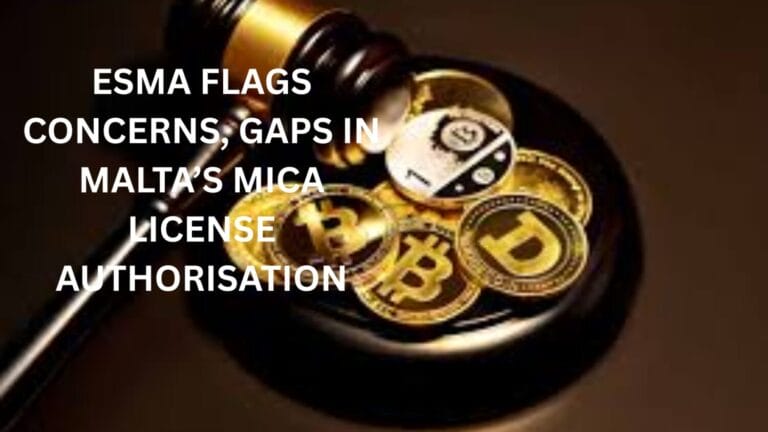Key Takeaways:
- The nation’s central bank and finance ministry have already adopted a legislative proposal regulating cross-border cryptocurrency transfers.
- The creation, transfer, and usage of digital assets, including global cryptocurrency payments, are all subjects that the government wishes to regulate.
According to a report from the Russian news agency Tass, the Russian Ministry of Finance and its central bank have reached an agreement on a proposed law permitting bitcoin and cryptocurrency payments for settling foreign trade.
According to Deputy Finance Minister Alexei Moiseev, the measure “as a whole sets out how cryptocurrency can be purchased, what can be done with it, and how cross-border transactions can or cannot be conducted.“
By the end of 2022, Russian authorities plan to control the creation, transfer, and use of digital assets for a variety of purposes, especially international crypto payments.
However, the activities of organizations that will conduct transactions involving virtual assets, as well as their transfer and storage, should be subject to regulation, along with the enrollment and licensing of such persons and their oversight.
Settlements in national currencies serve as the fundamental foundation, but Alexei Moiseev, deputy minister of finance of the Russian Federation, argues that there will be some situations when settlements in cryptocurrencies are suitable.
And in this case, they concurred right away with the Central Bank, the apex bank also finds this reasonable.
This section saw agreement on the draft proposal. It essentially lays out how to get cryptocurrencies, what you can do with them, and whether or not cross-border payments are feasible, according to him.
The measure “On Digital Currency,” which was originally proposed by the finance ministry earlier this year and then altered with input from other authorities, calls for the development of domestic infrastructure for trading in digital assets.
Regulators in Russia are currently focusing on the system for settling bitcoin payments made in international trade.
The Russian Prime Minister has recently encouraged the Duma and other state institutions to create coordinated steps to regulate the issuance and circulation of cryptocurrencies in the country.
Since then, the Federal Tax Service and the Minister of Energy have made remarks on how bitcoin can benefit small firms or hinted at interdepartmental discussions on the subject of global trade.
There are many more “like-minded people” on the subject, as Ivan Chebeskov, director of the financial stability market for the Russian Ministry of Finance, previously stated.
After rethinking their positions, Russia’s finance ministry and the central bank came to the conclusion that “it is impossible to operate without cross-border transactions in cryptocurrencies” under the current circumstances.
The ministry’s suggestion, according to the deputy minister, is essential that people have cryptocurrency wallets analogous to those that are currently established on the Internet. Control is also important to prevent money laundering, drug payments, and other problems.
The Russian government, which favored a ban on bitcoin mining, issued the original draft outlining a framework for digital assets earlier this year.
The Ministry of Finance responded with a measure of its own that simply demanded tighter control over the area. The Ministry’s measure was then supported by President Vladimir Putin, who cited Russia’s natural capital edge in his remarks.









